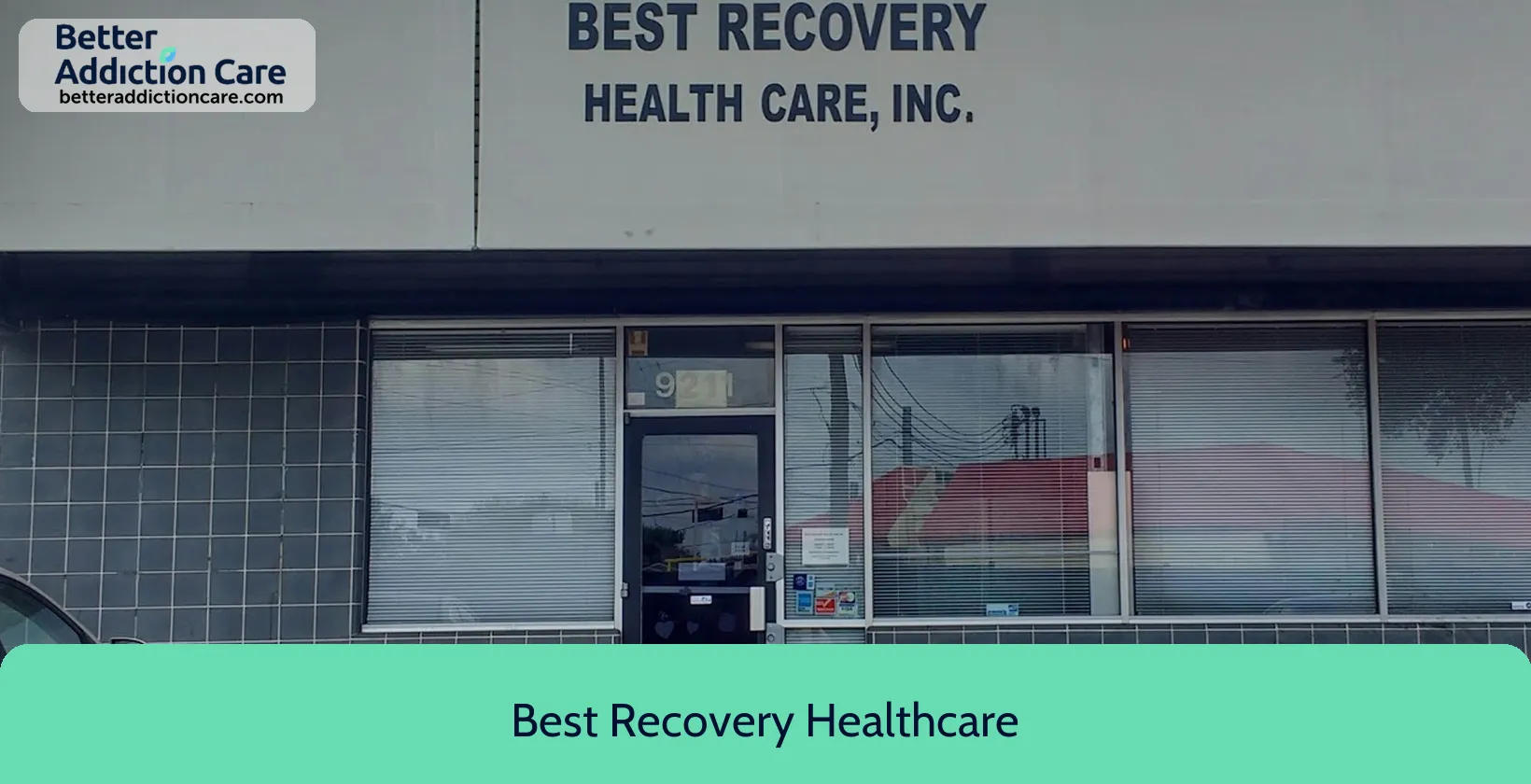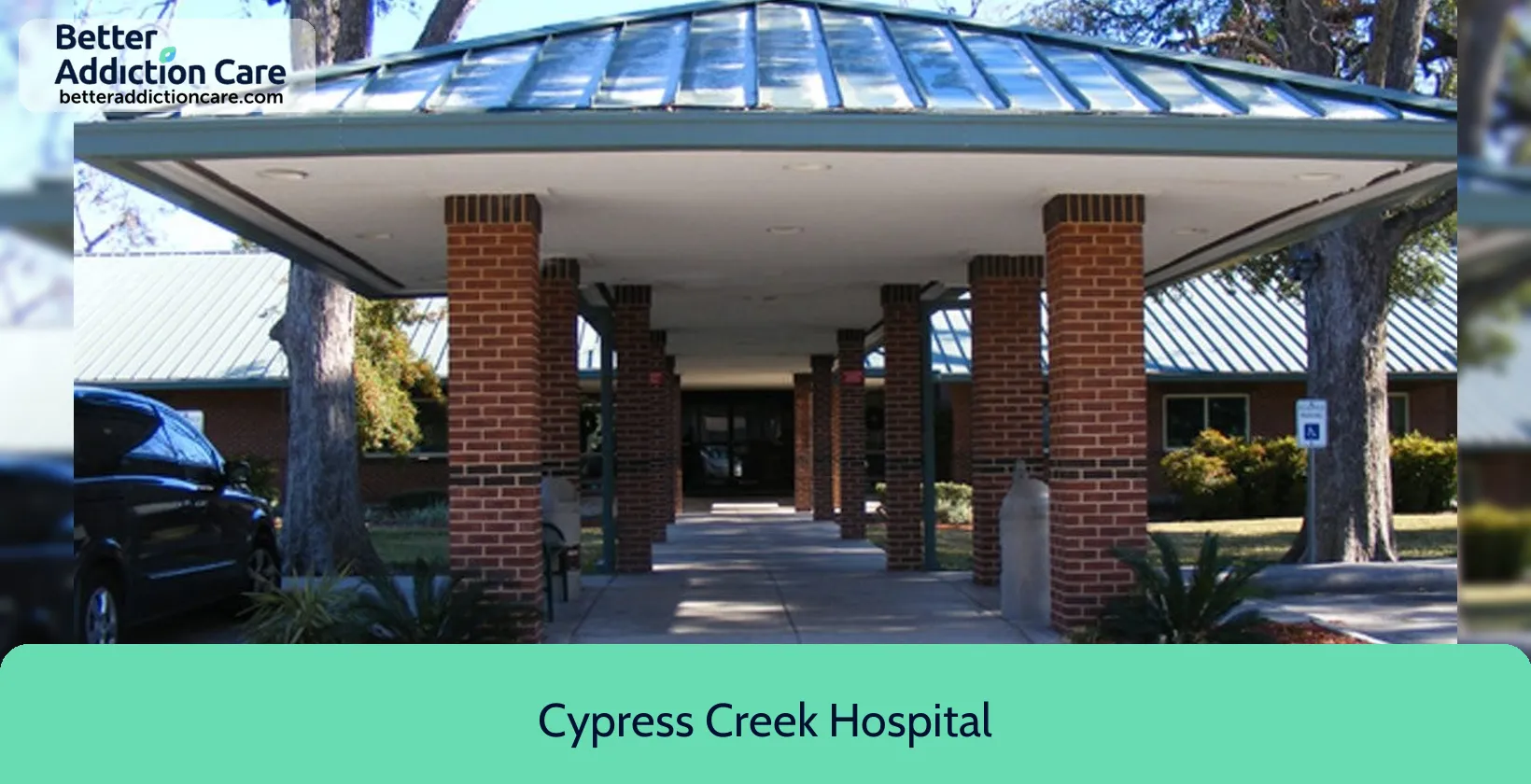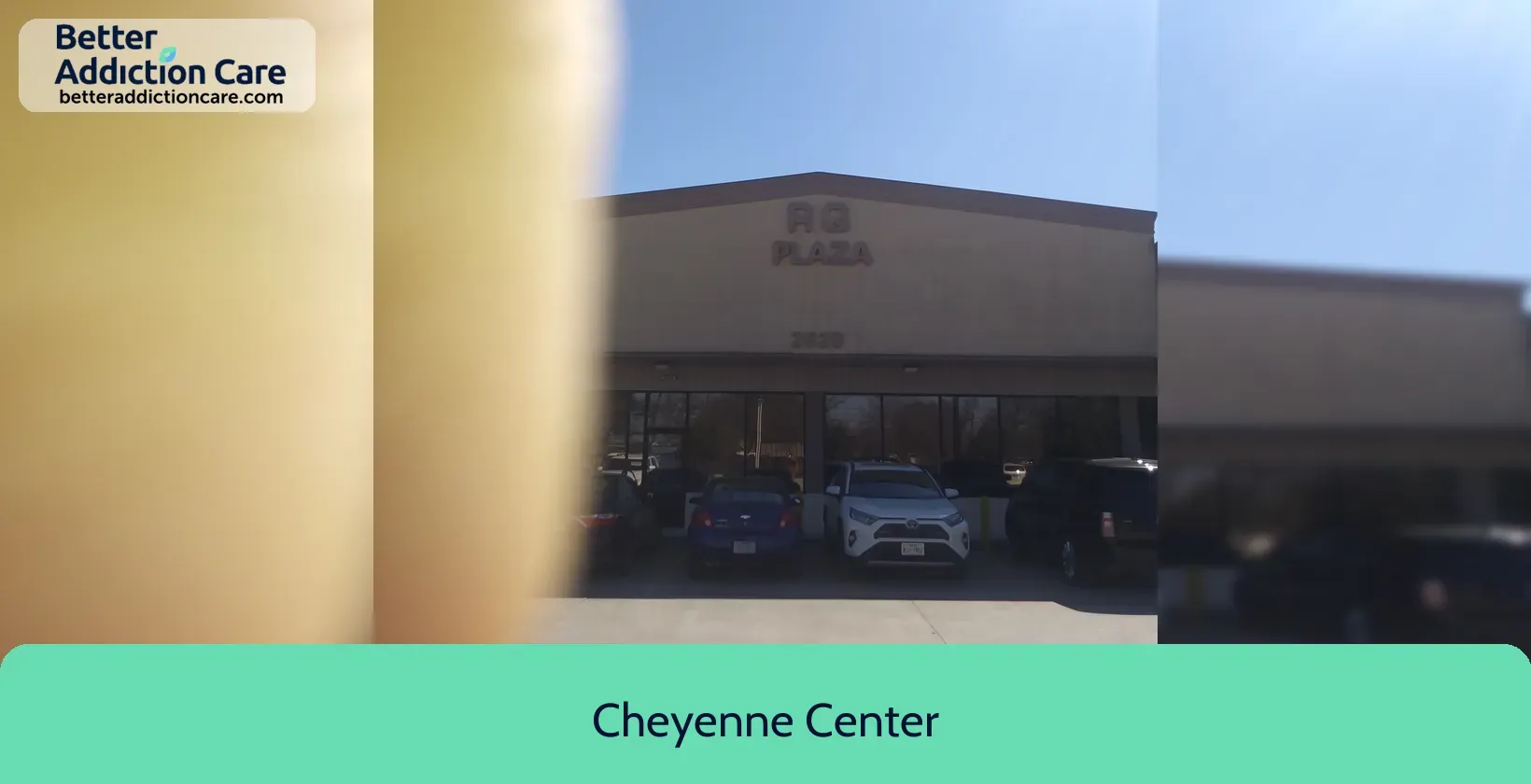Spirit Mind and Body

Overview
Spirit Mind and Body is an accredited substance abuse treatment center that provides outpatient treatment for men and women from 18+ years of age. As part of their special programs, Spirit Mind and Body To help patients achieve sobriety, Spirit Mind and Body provides intake assessments. Afterward, patients receive cognitive behavioral therapy, substance use disorder counseling, and family counseling during treatment. Spirit Mind and Body is located in Houston, Texas, providing treatment for people in Harris County, accepting cash or self-payment.
Spirit Mind and Body at a Glance
Payment Options
- Cash or self-payment
Assessments
- Screening for tobacco use
- Comprehensive mental health assessment
- Comprehensive substance use assessment
- Interim services for clients
- Outreach to persons in the community
Age Groups
- Children/adolescents
- Adults
- Seniors
Ancillary Services
- Mental health services
- Social skills development
Highlights About Spirit Mind and Body
6.77/10
With an overall rating of 6.77/10, this facility has following balanced range of services. Alcohol Rehabilitation: 8.00/10, Drug Rehab and Detox: 6.00/10, Insurance and Payments: 6.00/10, Treatment Options: 7.09/10.-
Alcohol Rehabilitation 8.00
-
Treatment Options 7.09
-
Drug Rehab and Detox 6.00
-
Insurance and Payments 6.00
Accreditations
State mental health department:
State mental health department accreditation refers to the process of evaluating and certifying the quality and standards of a state's mental health department, ensuring that it provides high-quality services and meets specific criteria for mental health care. The accreditation process is performed by a third-party organization and helps to improve the overall care and treatment of individuals with mental health conditions.
State department of health:

Government agencies issue State Licenses, which grant rehabilitation organizations permission to conduct their operations lawfully within specific geographic regions. Licenses needed to operate are typically determined by the type of rehabilitation program offered by the facility and its physical location.
Treatment At Spirit Mind and Body
Treatment Conditions
- Alcoholism
- Substance use treatment
Care Levels
- Outpatient
- Regular outpatient treatment
- Aftercare
Treatment Modalities
- Cognitive behavioral therapy
- Substance use disorder counseling
- Family counseling
- Marital/couples counseling
- Intervention Services
Get Help Now
Common Questions About Spirit Mind and Body
Contact Information
Other Facilities in Houston

6.81

7.24

7.24

7.14

6.79

6.65

6.93

6.89
DISCLAIMER: The facility name, logo and brand are the property and registered trademarks of Cheyenne Center, and are being used for identification and informational purposes only. Use of these names, logos and brands shall not imply endorsement. BetterAddictionCare.com is not affiliated with or sponsored by Cheyenne Center.
